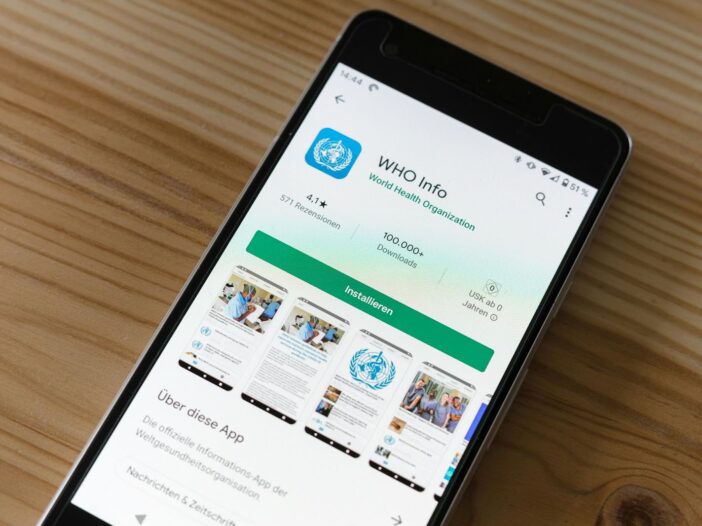
Healthcare app development stands at the forefront of revolutionizing patient care and medical services. Understanding how to build a medical app is crucial for developers aiming to make a significant impact in the health sector.
These apps offer users access to vital health information and services, improving overall wellness. Healthcare mobile app development is not just about coding; it’s about creating solutions that are accessible, secure, and user-friendly, thus meeting the growing demand for digital health services (according to time-proven Topflight research).
Table of Contents
Is building a health app hard?
Knowing how to build a healthcare app involves more than just technical expertise; it requires a deep understanding of healthcare regulations, patient privacy laws, and data security. Developers must navigate these requirements while creating a user-friendly and medically useful app. Integrating features such as appointment scheduling, prescription management, and health tracking adds complexity to the development process.
Moreover, ensuring the app complies with healthcare standards like HIPAA in the United States or GDPR in Europe is critical. This compliance is essential for protecting patient information and building trust with users. Developers must also focus on creating a secure environment that safeguards against data breaches, requiring a robust understanding of cybersecurity within the healthcare context.
However, knowing how to build healthcare applications can be incredibly rewarding despite these challenges. Successful apps can significantly improve patient outcomes, streamline healthcare processes, and offer accessible health services.
What are the potential ethical guidelines when you create a medical app?
Creating a medical app involves navigating a complex landscape of ethical considerations, ensuring that the technology serves the health and well-being of users without compromising their rights or safety. Developers and stakeholders must adhere to strict ethical guidelines to foster trust and effectiveness in their applications.
Privacy and security
The importance of privacy and security cannot be overstated. Users entrust sensitive health information to these platforms, expecting it to remain confidential and protected. Ethical guidelines demand that developers implement robust encryption methods, secure data storage solutions, and comprehensive access controls to prevent unauthorized data breaches. Regular security audits and compliance with legal standards like HIPAA (Health Insurance Portability and Accountability Act) in the United States are essential practices to safeguard user data and ensure privacy.
Accessibility
Accessibility is a fundamental ethical consideration in medical app development. These apps should be designed to be usable by everyone, including individuals with disabilities. This means incorporating features like screen reader compatibility, voice commands, and adjustable font sizes. Moreover, ethical guidelines advocate for including diverse user groups in the testing phase to identify and rectify potential accessibility barriers, ensuring that the app can truly serve a wide range of healthcare needs and demographics.
Reliability and connectivity
A medical app must be reliable and maintain consistent connectivity for it to be ethically sound. Users depend on these applications for critical health information and services, making uptime and accurate data exchange paramount. Developers should follow best practices in software engineering to minimize downtime and ensure the app functions correctly across various devices and operating systems. Additionally, considering the integration with other healthcare systems for seamless information sharing is crucial for continuity of care, making reliability and connectivity key ethical concerns in medical app development.
How to deal with complaints and feedback?
Dealing with complaints and feedback is important to maintaining and improving any service or product. Don’t forget about it, as it is key to understand and address the concerns of your users. Start by actively listening and acknowledging the feedback received. Ensure a timely and respectful response, showing that you value their input.
Analyze the feedback for actionable insights and implement changes where necessary. Transparently communicate any actions taken to address the complaints. This approach resolves issues and builds trust and loyalty among users.
Summary
In conclusion, knowing how to build a medical app requires a multifaceted approach, blending technical skills with an understanding of healthcare regulations, ethics, and user needs.
Successfully owning this process demands attention to privacy, security, accessibility, and reliability. Engaging with user feedback is crucial for continual improvement.
And focus on these core principles. Developers can create medical apps that truly make a difference in the healthcare industry and offer premier solutions that enhance patient care and access to medical services.
The best healthcare app developers specialize in creating innovative solutions to develop patient care and streamline healthcare processes.